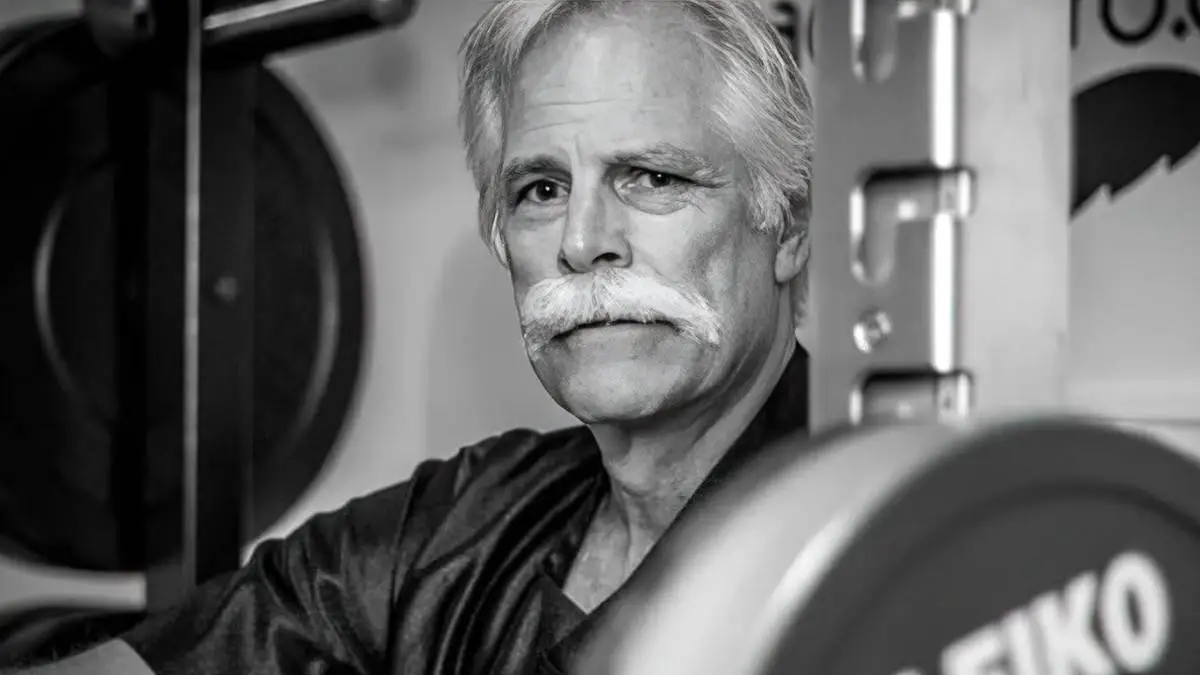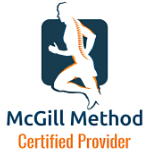Audio Podcast Post
Lower Back Pain & The New Science of Golf Swing w/ Dr. Stuart McGill
- Caitlin Camisa

Key to a Successful Golf Swing
We highly recommend this podcast episode featuring Dr. Stuart McGill with Joe DiStefano from coachjoedi.com.
Dr. Stuart McGill's Background
This week, I sit for a second time with Dr. Stuart McGill, one of the world’s leading experts on lower back pain, health, and high performance. Dr. McGill is the author of several bestselling books on treating back pain and preventing injury and he is a professor emeritus at Waterloo University where he taught for over 30 years. As well as being a respected clinician and an acclaimed academic who has had hundreds of articles published in peer-reviewed journals, Dr. McGill is the Chief Scientific Officer for Backfitpro Inc, which provides assessments and exercises for people with painful back injuries. In my previous podcast with Dr. McGill, we talked about his work in professional baseball and discussed who was at most risk for lower back injuries.
Relaxation vs. Strength
In today’s show, we pivot from baseball to golf, and Dr. McGill shares some of his recent research that reveals that relaxation, not strength or power, is the key to a successful golf swing. In addition to explaining how to relax faster and swing better, Dr. McGill emphasizes the importance of hip mobility and talks about some of the biological features that can affect sporting performance. He also shares some spine saving strategies and divulges details of his weekly training program.
In this episode, you’ll hear from Dr. McGill on:
26:16 > Dr. McGill lists the physical characteristics that can help set a person up for golfing success. He explains how a slender spine facilitates high-velocity movement and ovoid-shaped discs reduce the likelihood of disc tear. He also highlights the benefits of open facet joints and hips that have a high natural capacity for internal-external rotation.
32:34 > Dr. McGill talks about the concept of elastic energy and describes the components of muscle physiology and neuromechanics that allow elite golfers to fine-tune the isometric activation in their muscles and create the perfect level of stiffness required to consistently hit the ball far and straight. He explains how a golfer can maximize force and speed by creating a muscular pulse at the top of the backswing before relaxing through the torso and tensing immediately prior to contact with the ball.
59:18 > He emphasizes the correlation between the rate of muscle relaxation and improved athletic performance. He points out that relaxation enhances speed and explains that the results of several studies show that the athletes who achieve the best results are the ones who are the most able to rapidly relax their muscles and effectively control their muscle pulses.
1:11:27 > Dr. McGill’s advice for the aging recreational golfer, who may suffer from arthritis or hip pain, is to develop a strategy that allows them to continue to do what they love with what they have left. He suggests becoming more conservative with their range of motion, (maybe shortening up their drive or using a longer club for their second or third shot), and developing a game that relies more on accuracy than athleticism.
1:13:47 > Dr. McGill describes his ‘biblical’ weekly training regime which is divided into two days of strength training, two days of strategic mobility training, two days of cardiovascular activities, and one day of rest. To tune the neurology of his core, he starts his strength training with his ‘Big Three’ for Core Stability, i.e, a series of Bird Dogs, Side Planks, and modified Curl Ups, before moving on to hip thrusts, push and pull exercises, and squats.
